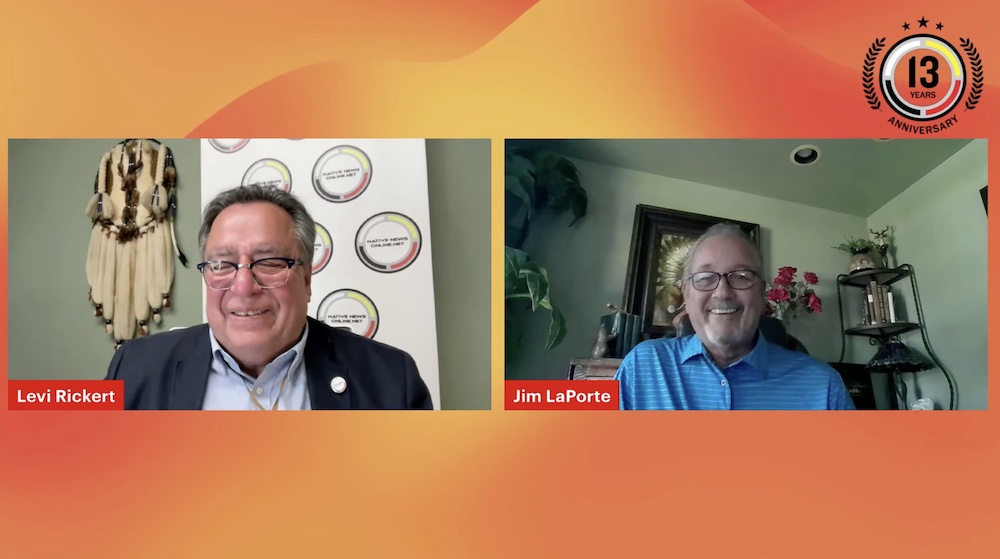
- Details
- By Brian Edwards
- Finance
A Cleveland-based private equity firm backed by Native American capital is making waves in professional sports ownership, starting with a recent $154 million investment in English Premier League club Ipswich Town FC.
Bright Path Sports Partners, founded by tribal citizen Jim LaPorte, attorney Phil Ciano and financial executive Jake Zahnow, aims to create opportunities for tribes to diversify their investments beyond gaming while increasing Native representation in professional sports ownership. Named after legendary Native athlete Jim Thorpe's given name "Wa-tho-Huk" (meaning "Bright Path"), the firm represents the first concentrated effort to deploy tribal capital into major sports franchises.
The Ipswich Town investment proved timely - the club secured back-to-back promotions from League One to the Premier League after Bright Path began pursuing the deal. While European soccer might seem an unlikely first investment for a Native American-backed firm, LaPorte sees it as just the beginning. The firm is already exploring additional opportunities across major U.S. sports leagues.
In a recent interview with Native Bidaske host and Tribal Business News Publisher Levi Rickert, LaPorte discussed the firm's strategy of helping tribes first gain minority ownership stakes to learn the business before potentially pursuing controlling interests. He emphasized how tribes' focus on seven-generation planning aligns perfectly with sports franchise ownership, where values have appreciated dramatically over time.
This interview of LaPorte by Rickert during Native Bidaske has been edited for clarity and brevity.
What motivated you to create Bright Path Sports Partners?
It's a private equity firm that we put together really to bring Native American capital, which we know there's lots of out there and a lot of sophistication within the tribes, with institutional investment and high net worth family offices into the four major sports. I had a partner who had been involved in the Cleveland Guardians opportunity and had a lot of experience negotiating these types of deals, Phil Ciano. We got to talking one day - he was representing myself and another partner - and we started to talk about the opportunities out there and the way these teams have continued to go up in value.
How did the Ipswich Town opportunity develop?
The opportunity came about probably two years ago now to invest in this European football club. We had already looked at an NFL opportunity and a couple different opportunities in Major League Baseball. One of our partners, Jake Zahnow, was very well versed in European football clubs and how they operate. We raised capital - it took a little over a year - and we were able to raise $150 million and ended up buying 44% of the team with some key anchor investors.
What's your advice for tribes looking to invest in professional sports?
Just like when we had casinos, when we were originally given the opportunity to run them, we didn't have the expertise. We had to hire it outside and take our time working in the business before we could take it over and run it ourselves. It's the same thing in sports - we need to buy minority interests in these teams, get a seat at the table, understand how decisions are made and what strategy is utilized. We need to understand what makes a team successful or not successful so ultimately, one day, we can stroke a check for one of these teams.
Why is sports ownership important for tribes?
We're obligated as Natives to take care of the next seven generations, and that requires us to diversify. We need to get out into other things other than gaming and utilize our gaming cash flow to take advantage of these situations. I look at some of the larger tribes - Seminoles, Chickasaw, Choctaws, Cherokees, the Navajos - they're all out there doing a lot of different things because they've got the capital to do it. To be able to take care of our people on our own, we've got to build strong nations and strong economies within our nations.
